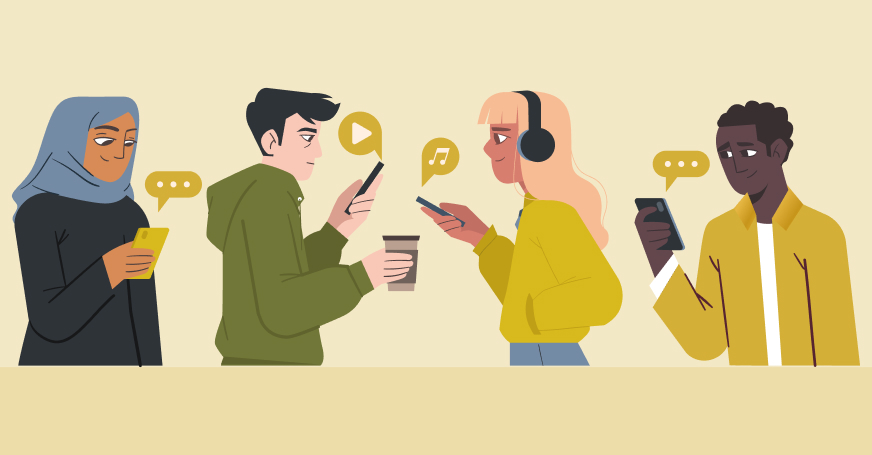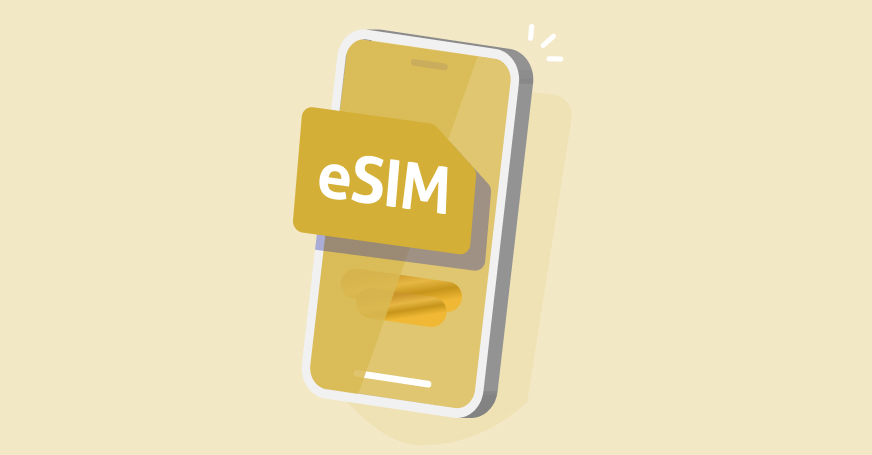For years, unlimited talk and text was one of the most popular features in phone plans. Back when carriers charged by the minute and per text, having no limits felt like a luxury. But today, the way we use our phones has completely changed—most of our communication now happens through apps and data, not traditional calls or SMS. That raises the question: is unlimited talk and text still necessary, or is it just something bundled in by default?
How We Got Here
Before smartphones dominated, people worried about running out of minutes or racking up charges from too many texts. Unlimited plans solved that stress, giving users freedom to call and text without counting. Over time, as competition increased, carriers started including unlimited talk and text in nearly every plan.
Today, unlimited calling and texting don’t usually cost extra—they’re standard. But that doesn’t mean everyone uses them.
How People Communicate Today
The way we connect with each other has shifted dramatically in the last decade. Most conversations no longer happen through traditional SMS or phone calls. Instead, we’ve moved toward internet-based tools that offer more flexibility.
Messaging apps rule: WhatsApp, iMessage, Facebook Messenger, and Telegram have replaced SMS for many users.
Video calls are the new norm: Platforms like Zoom, Google Meet, and FaceTime have become everyday tools for work and personal life.
Data takes over: Services such as Skype, WhatsApp, and Google Voice let you make calls and send texts through Wi-Fi or mobile data, often for free.
This shift means that the importance of unlimited talk and text is shrinking, as data has become the lifeline of communication.
When Unlimited Talk and Text Still Matters
Even though many people rely on apps, there are still situations where unlimited calling and texting are valuable.
Business owners and professionals: If your work involves frequent client or vendor calls, having no call limits ensures peace of mind.
Non-tech users: Seniors or people who prefer simple communication may rely more heavily on traditional calls and texts.
Rural or low-data areas: In places where mobile data coverage is poor, SMS and voice calls often remain the most reliable option.
For these groups, unlimited talk and text is still practical and worth having.
Also Read: Want to Switch to Trumpˢᵐ Mobile but Keep Your Number?
When You Might Not Need It
Unlimited talk and text are typically bundled into most prepaid plans, but they may not be necessary for everyone. If you don’t use these services often, you might be paying for features you don’t actually need.
Light phone users: If you only call occasionally or send a few texts per month, unlimited is unnecessary.
App-first communicators: People who use WhatsApp, Slack, or Messenger for nearly all conversations don’t need unlimited texting.
Frequent travelers: When abroad, Wi-Fi-based apps and local SIM cards are often cheaper and more convenient than using traditional SMS or calls.
If this sounds like you, focus more on choosing a plan with the right data package instead.
What Really Matters Now: Data
These days, data is really what drives your phone plan. Whether you’re streaming videos, hopping on Zoom calls, uploading photos to the cloud, or scrolling through social media, how much data you have makes all the difference.
Carriers have adjusted accordingly. Instead of making talk and text the selling point, most providers now:
Include unlimited talk and text by default.
Differentiate their plans mainly by data limits or speed.
That means when you’re shopping for a plan, the biggest factor to compare isn’t unlimited talk or text—it’s how much data you get and whether it fits your lifestyle.
Final Thoughts
So, do you still need unlimited talk and text? For most people, not really—but since it’s included with almost every plan, you’re not paying extra for it either. What really matters is how much data you need to support the way you live and work.
Pro tip: Check your phone’s usage history before you switch carriers. You might discover that you barely use minutes or texts at all, making data the only feature worth paying attention to.



.jpg)